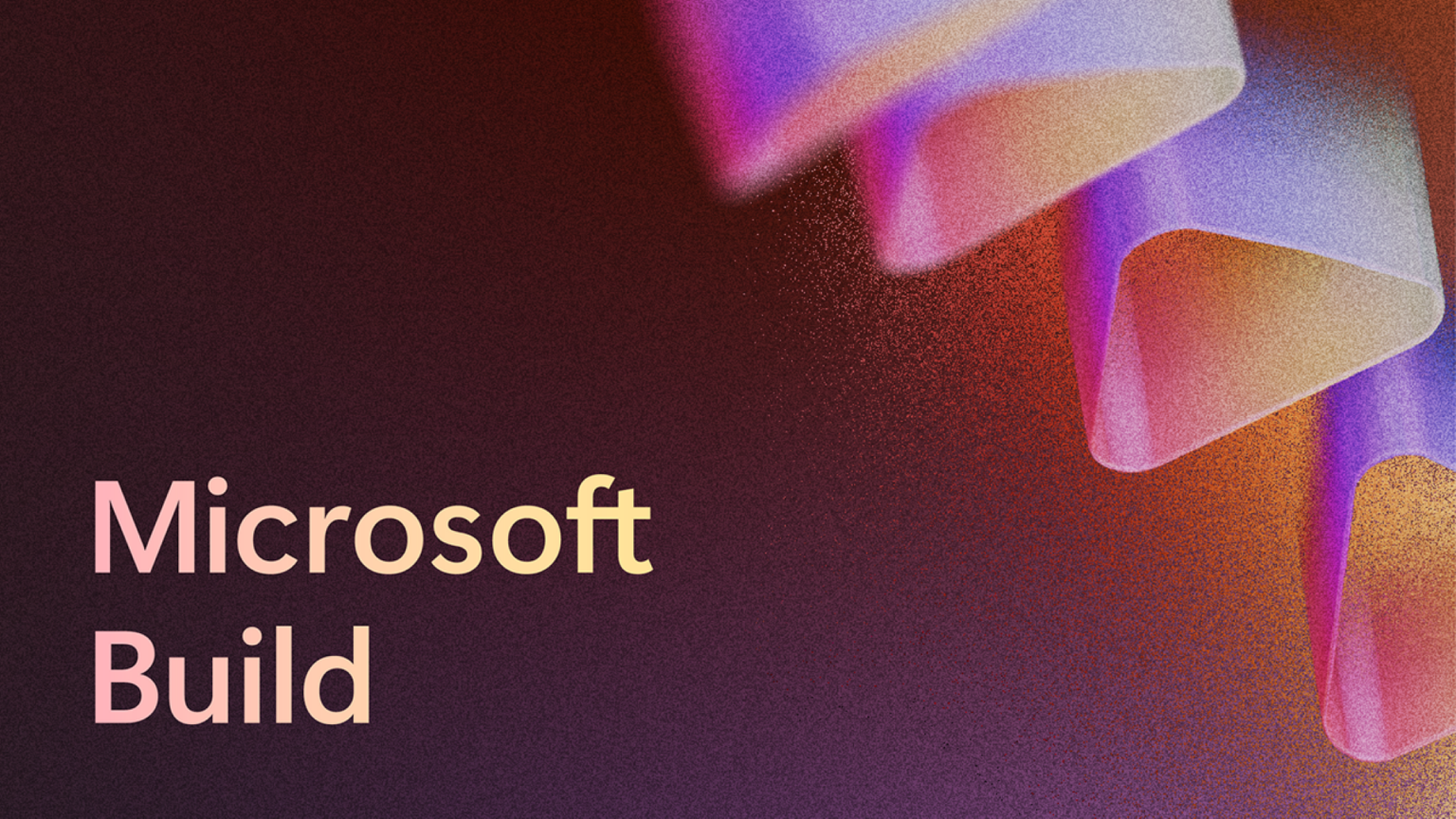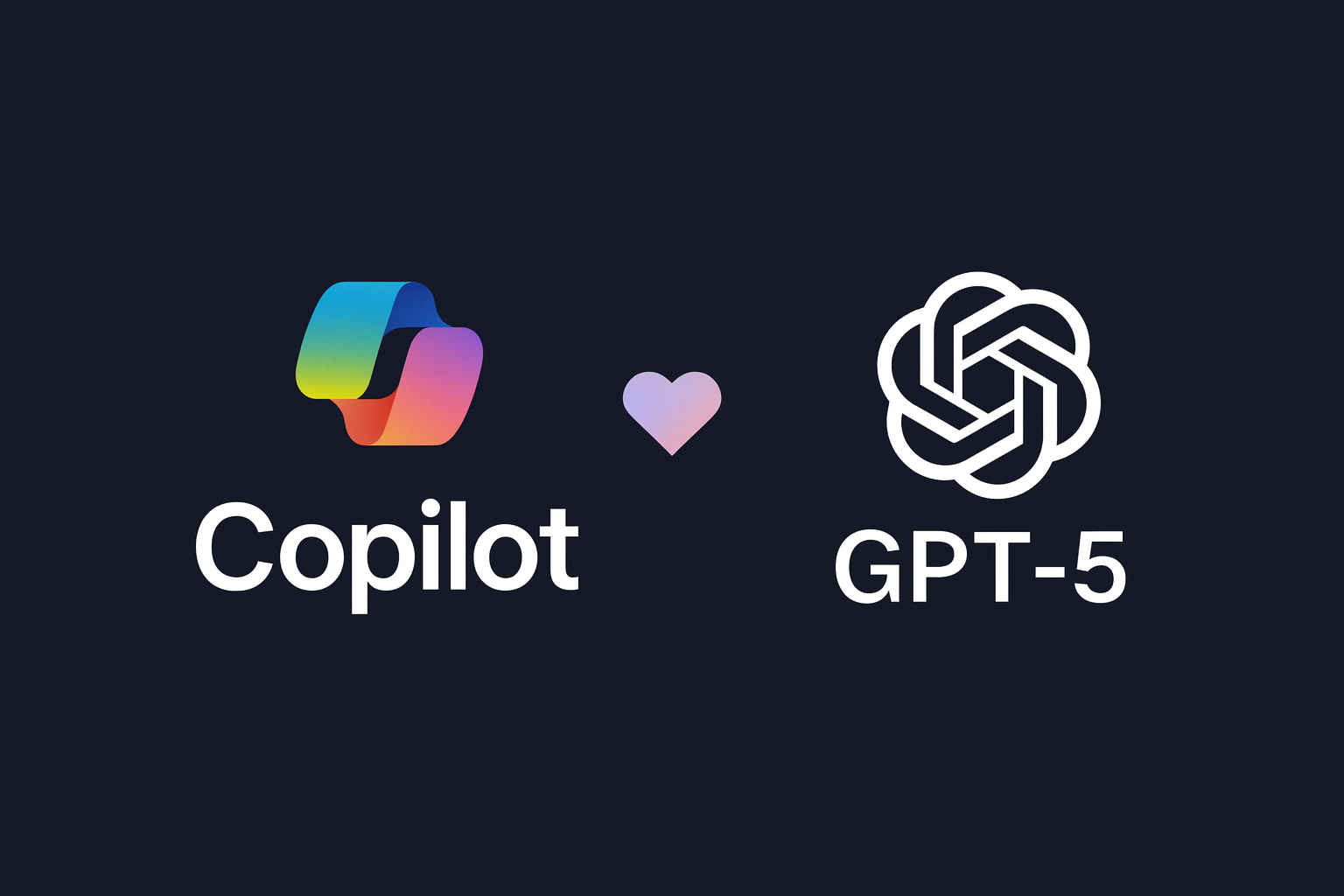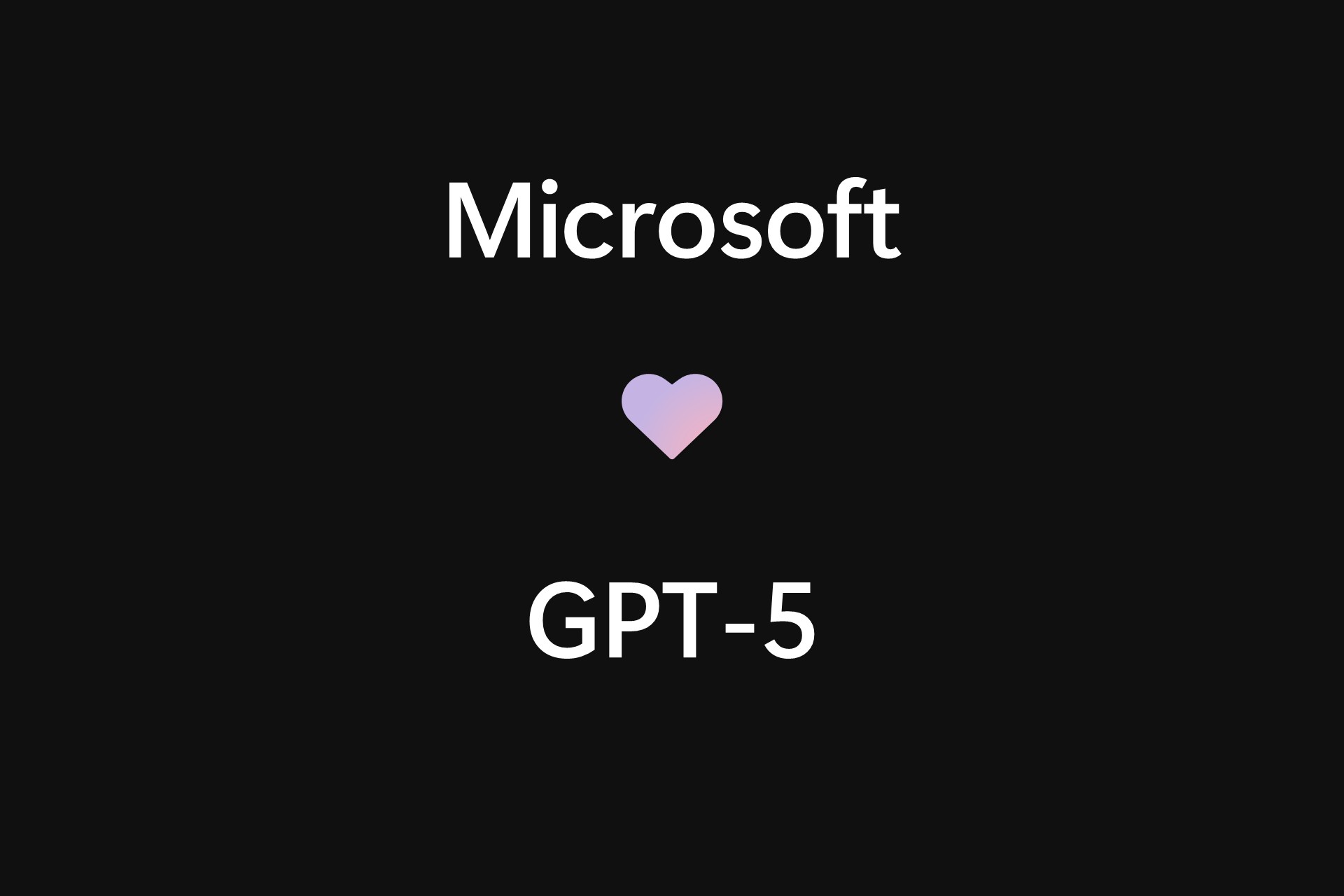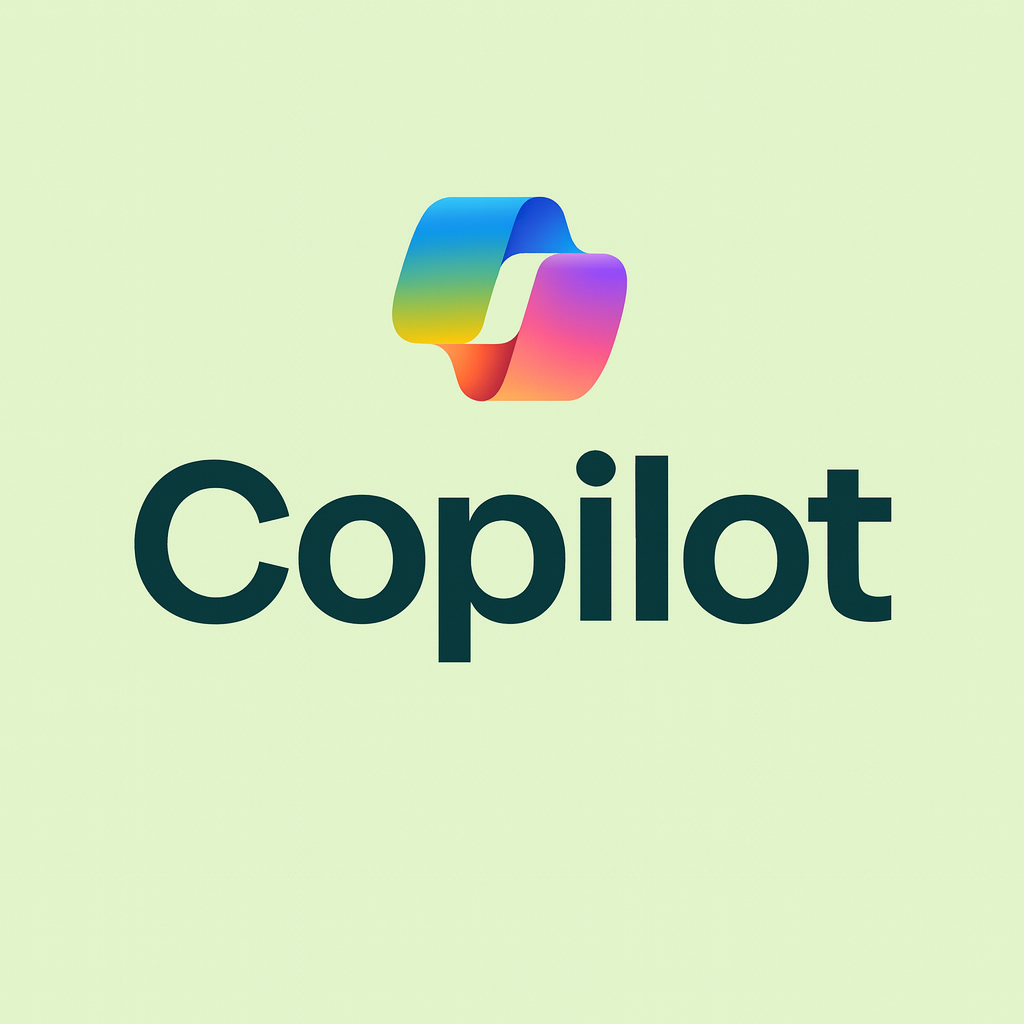At Build 2025, Microsoft unveiled a bold new vision: AI agents are no longer just helpful tools—they are becoming foundational to how individuals, teams, and organizations work. Through new platforms, open standards, and advanced developer tools, Microsoft is enabling a future where agents power everything from software development to scientific discovery.
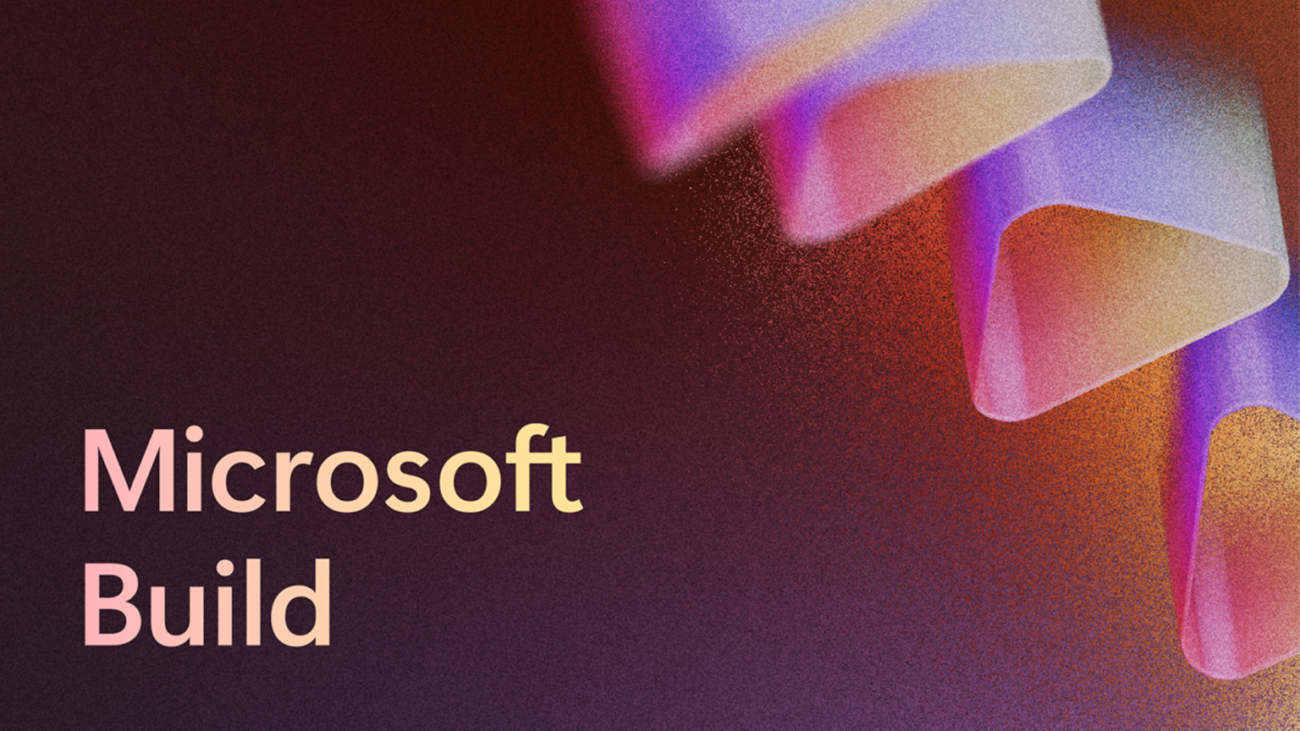
A New Era of AI Agents
Microsoft emphasized that AI agents are now a core part of productivity. Over 15 million developers are using GitHub Copilot, and more than 230,000 organizations—including 90% of the Fortune 500—have used Copilot Studio to build and deploy custom agents and automations.
Companies like Fujitsu, NTT DATA, and Stanford Health Care are already leveraging Azure AI Foundry and Microsoft’s orchestration tools to streamline workflows, generate proposals, and reduce administrative load.
Redefining the Software Development Lifecycle
Microsoft is introducing new ways to bring AI into the heart of the development process:
- GitHub Copilot Agent: GitHub Copilot is evolving from a coding assistant into a full-fledged agent that can write, review, test, and deploy code asynchronously. Microsoft is also open-sourcing GitHub Copilot Chat in VS Code.
- Windows AI Foundry: A unified platform where developers can train, fine-tune, and run open-source or proprietary models across devices or the cloud.
- Azure AI Foundry Models: More than 1,900 AI models now available, including Grok 3 from xAI. Developers also gain access to a Model Leaderboard and Model Router to intelligently match models to tasks.
Smarter, Safer AI Agents
Microsoft is enabling developers to build enterprise-grade agents with built-in governance and security:
- Azure AI Foundry Agent Service: Now generally available, enabling orchestration of multiple agents, with integrated support for Semantic Kernel and AutoGen, as well as performance and safety observability tools.
- Entra Agent ID: Each agent created in Copilot Studio or Azure AI Foundry receives a unique identity to prevent blind spots or uncontrolled sprawl.
- Purview Compliance & Monitoring: All agent activity can be governed, logged, and monitored through enhanced compliance tools.
Copilot Tuning and Multi-Agent Orchestration in Microsoft 365
With Copilot Tuning, organizations can train models using internal data and workflows—creating agents tailored to their domain.
For example, a law firm could build an agent that drafts legal documents aligned with company style and terminology.
New multi-agent orchestration in Copilot Studio allows multiple agents to work together, combining skills to solve more complex tasks collaboratively.
Laying the Foundation for the Agent-Based Web
Microsoft is actively shaping the infrastructure for the open agent ecosystem:
- Model Context Protocol (MCP): Microsoft is rolling out full support for MCP across GitHub, Copilot Studio, Azure AI Foundry, and Windows 11.
- NLWeb: A new open standard that enables websites to offer AI-friendly, conversational interfaces using their own data. Every NLWeb endpoint also serves as an MCP server, making content discoverable and usable by agents.
Accelerating Scientific Discovery with AI
Microsoft also introduced Microsoft Discovery, a research-oriented platform designed to help scientists leverage AI agents to accelerate everything from drug development to sustainability projects. By integrating agentic reasoning into the R&D lifecycle, researchers can speed up innovation and reduce time to market.
Microsoft Build 2025 makes it clear: AI agents aren’t just helping us work—they are changing how we build, decide, discover, and collaborate.
Through open protocols, agent orchestration, developer platforms, and enterprise-level controls, Microsoft is laying the groundwork for a new digital infrastructure—where AI agents are not add-ons but essential collaborators.

